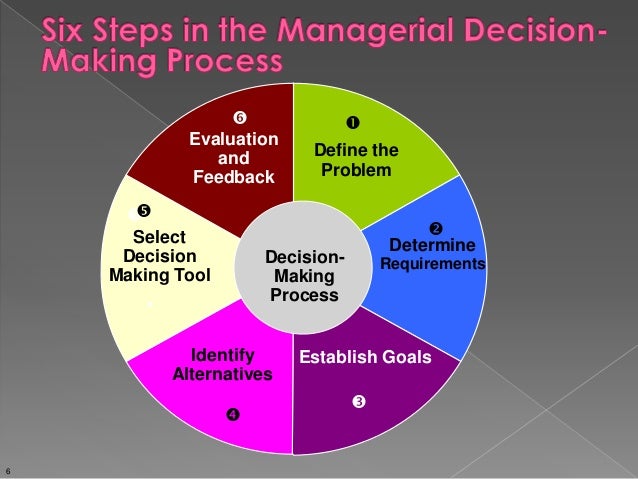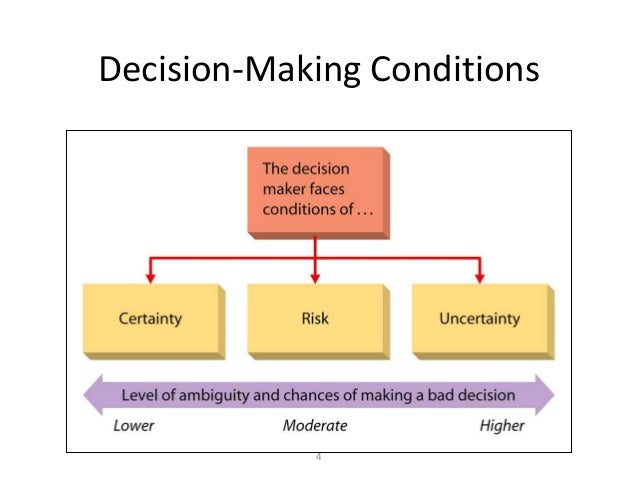

In this essay, we will explore some of the different types of decision making, including rational, intuitive, and creative decision making. There are many different types of decision making, each with their own unique characteristics and processes. He’s at his entertaining and persuasive best in discussing rational and intuitive decision making.Decision making is a crucial part of daily life and is something that everyone engages in on a regular basis. If you have time, have a look at this video of Canadian thought-leader, Malcolm Gladwell. Possibly the most practical of decision making skills is the ability to combine a rational approach with intuitive insights. Perhaps though, the best solution is not “either/or”. In contrast to rational processes, intuitive decision making is less structured, and places more emphasis on feelings, perceptions and judgments, rather than facts and analysis. Intuition and Decision Making introduces some recent thinking on how people make decisions. In this context, an understanding of intuitive decision making approaches is useful. In many situations, decisions have to be made with incomplete and/or insufficient information. However, often there is a wide range of factors which determine our decisions, many of which are not rational. One of the principle assumptions of a rational decision making process is that human beings make rational decisions. Typically these steps progress from problem/opportunity identification to the selection of preferred alternatives.

This approach consists of a sequence of structured steps, designed to rationally develop a desired solution. In our article: Rational Decision Making, we discuss a classical approach to decision making. These can vary from classical, rationalistic decision making processes to less structured, subjective methods. Types of Decision Making: ProcessĪ third way to categorize decision making is by the processes used. Our article: Decision Making Styles looks at two of the best known models relating to participative decision making.

Types of Decisions Making: Decision Levels If you haven’t done so already, you might like to read our article: Decision Making Lesson 1: Do You Need to Make One! Once you’ve done this, and you’re sure a decision needs to be made, the next thing to think about is the level of decision that needs to be made. Perhaps the obvious place to start is to ensure a decision really needs to be made.
#Types of decision making series
Hopefully this series of articles will help you to improve those odds. Nutt, we only get about 50% of our decisions in the workplace right! Half the time they are wrong, so there is clearly plenty of scope to improve on our decision making processes. Decision processes (intuitive) – Intuition and Decision MakingĪccording to Ohio State University management professor, Paul C.Decision processes (rational) – Rational Decision Making Model.Decision styles – Decision Making Styles.Decision levels – An Initial Decision Making Technique.From here you can link to pages which explain how decisions are affected by such variables as: In this article we introduce our series on types of decision making. And even when it is, decision types may not be fully considered when decisions are being made. Improve your decision making by considering some important variables.

It’s not often realised that there are different types of decision making.Īlthough this may seem obvious it’s not always understood.


 0 kommentar(er)
0 kommentar(er)
